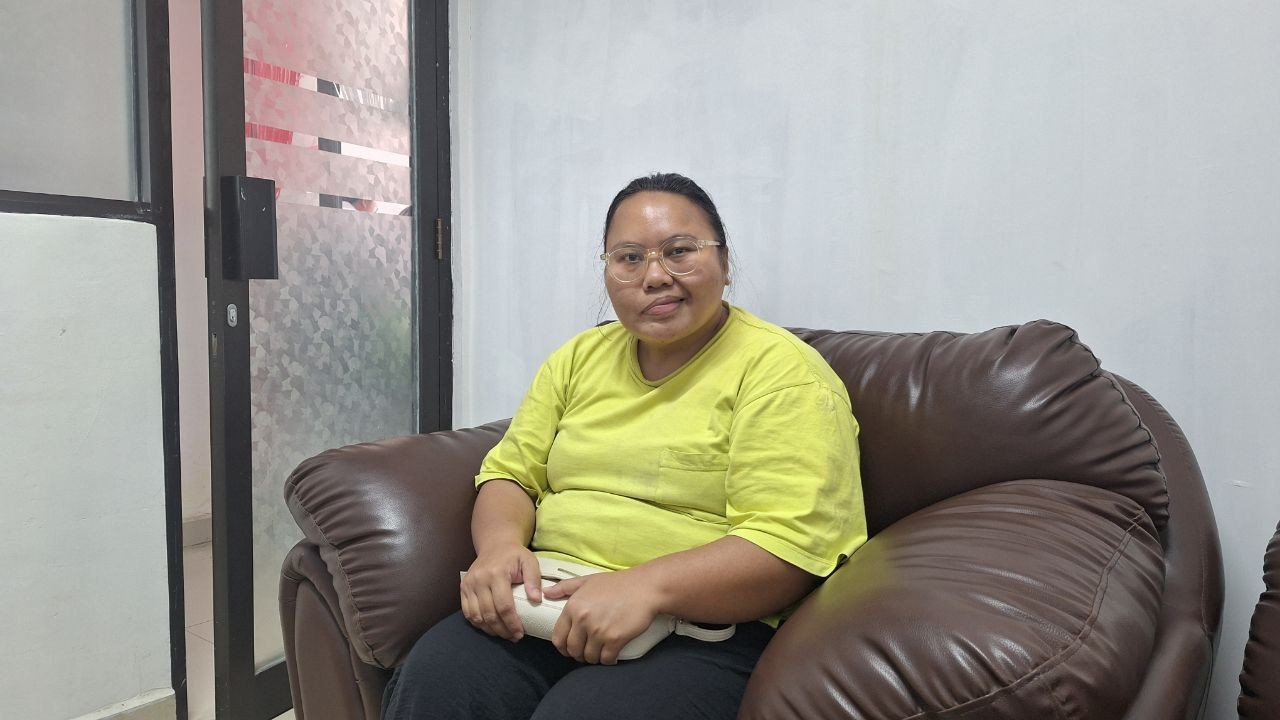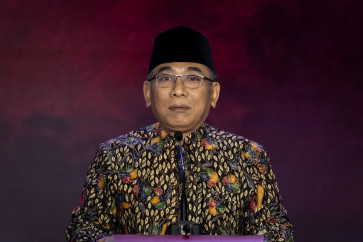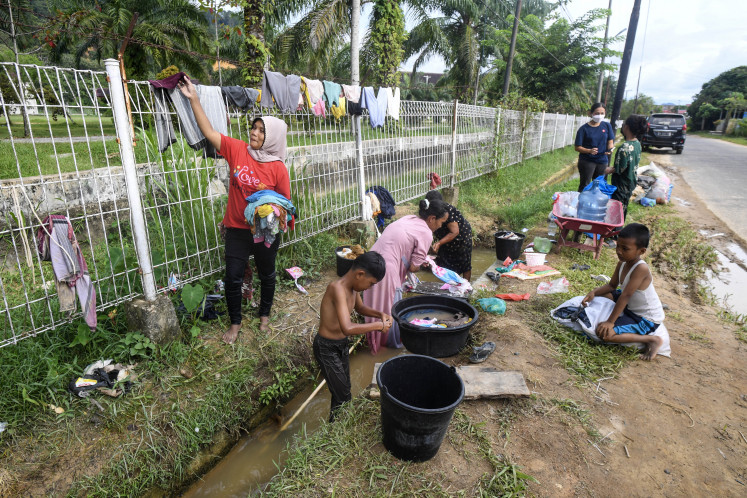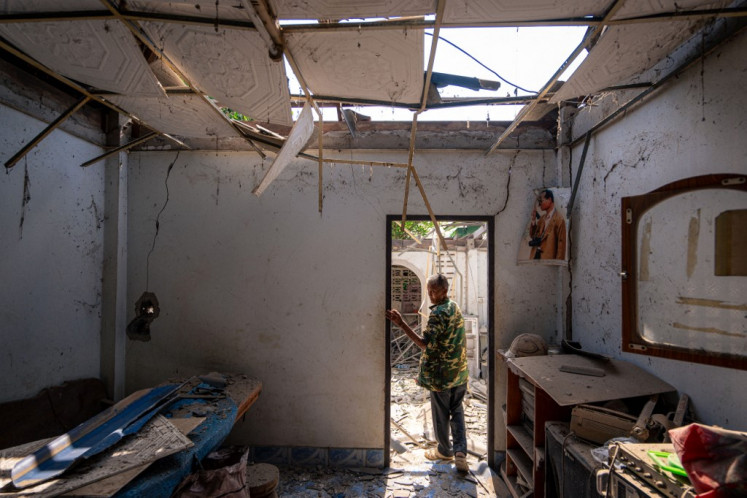Popular Reads
Top Results
Can't find what you're looking for?
View all search resultsPopular Reads
Top Results
Can't find what you're looking for?
View all search resultsPsychology lecturer spotlights JKN’s mental health benefits
Change text size
Gift Premium Articles
to Anyone
F
ebriani “Ebi” Priskila, a 35-year-old psychology lecturer at a university in Luwuk, Central Sulawesi, has a busy career, teaching and mentoring students as well as participating in mental health research.
Amid her packed schedule, Ebi has experienced long-running struggles with managing her own mental health.
During a recent conversation, she opened up about her bipolar disorder diagnosis, which requires her to attend monthly checkups with a psychiatrist.
"I've been experiencing this mental health issue for a long time. Every month, I have to see a psychiatrist for consultations and to obtain medication. You could say that I'm still very dependent on medication to manage my disorder," she said.
Ebi’s condition significantly impacts her daily activities and quality of life, as she must continue to take bipolar medication that costs millions of rupiah each month.
However, thanks to her National Health Insurance (JKN) membership, Ebi’s medical expenses are fully covered. Since 2014, she has been a registered participant of the National Health Insurance (JKN) program for nonwage workers (PBPU), or a Class 1 independent participant.
"I have to take medication and see a psychiatrist every month, because my current condition relies on it. With JKN, I can save millions of rupiah just on medication costs, not including other healthcare services,” she said.
“All [mental health] services and medications are covered, so JKN has truly been my partner in my treatment," Ebi added, underlining that her insurance coverage gave her a sense of security and peace of mind, allowing her to focus more on her career and life.
The JKN program covers both physical and mental healthcare services, as medically indicated. Participants can access health providers from primary healthcare facilities to referral hospitals for services including consultations with psychiatrists, inpatient care and follow-up treatments.
Ebi said JKN's support had helped her through difficult times, describing the program as a tangible manifestation of the government's concern for the public, including people with mental health issues.
"If it weren't for JKN, the cost of medical treatments might have overwhelmed me. I am truly grateful for JKN, because I can continue to receive routine healthcare services without having to worry about high costs," she added.
She also expressed her hope that JKN would continue to expand and improve its services, especially in access to mental health services for workers. Ebi also urged people with mental health issues to not feel alone.
"I hope the JKN program continues to exist. If possible, it should increase the number of psychiatrists and facilities that collaborate with us and improve the quality of services, so more people can benefit,” she said.
“For me, JKN isn't just a card, but a lifeline in maintaining my health."










